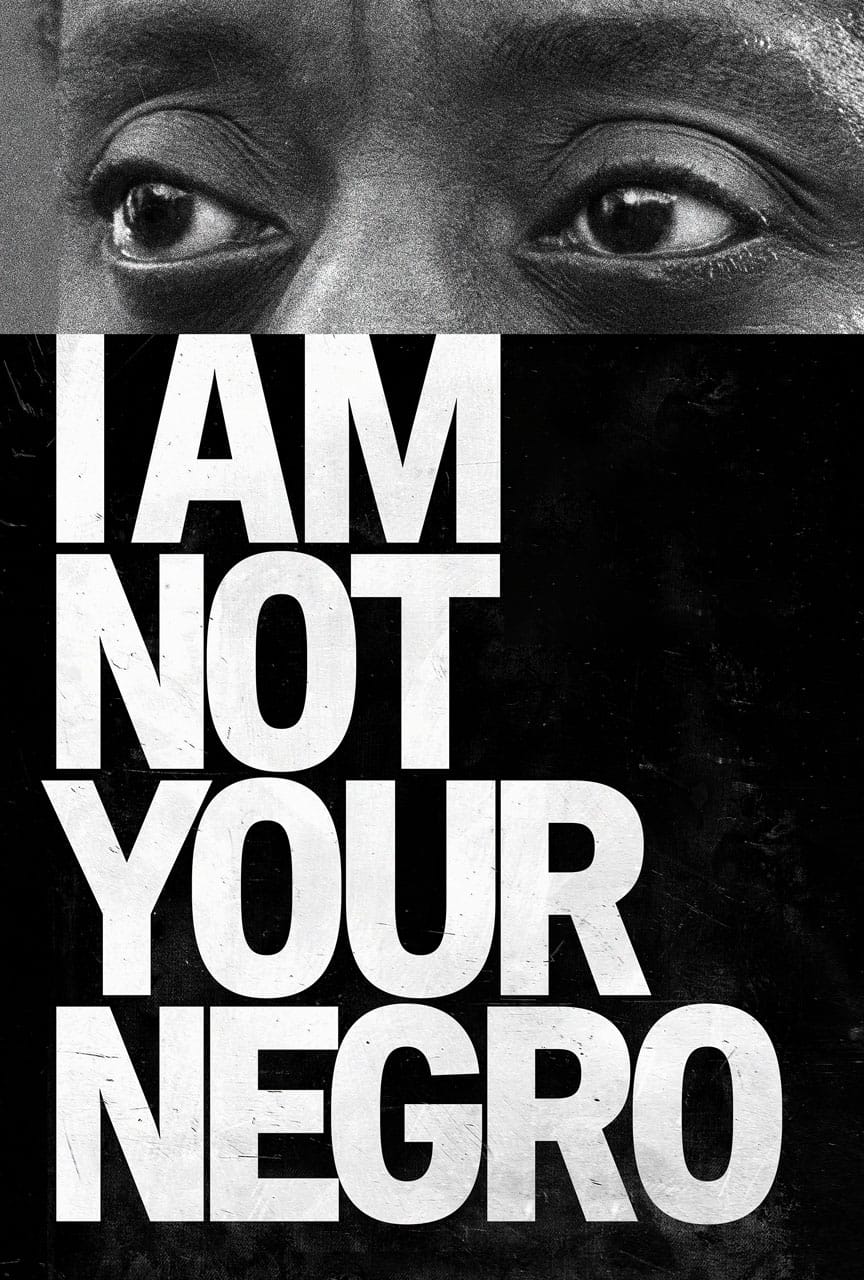Op-Ed: I AM NOT YOUR NEGRO

Note from Author: I wrote this for an official academic report for my first job out of college years ago but never had a place to post it.
Baldwin’s Unfinished Thoughts
Raoul Peck’s “I Am Not Your Negro” offers insights into Baldwin’s unfinished literary work Remember This House, previously inaccessible. Here, Baldwin recognizes perhaps the single most dangerous perception in America: perpetuating the myth of racial equality in the falsities of historic repetitions of racially biased socioeconomic and political policies and practices extending from slavery and continuing currently.
As Baldwin points out, White people have become monsters in their conquest of black bodies, and in response, Black people have been forced to learn about them out of necessity. And while this knowing is empirical, most strikingly it is experiential based in survival.
Unsurprisingly, White people have not felt that same urge to learn (about those they have dehumanized or harmed), nor faced dire consequences. Easily recognized, their relationship with Blackness is sourced in “irrational fear”, which stimulates a cycle of hatred of Blacks by Whites.
In response, Black people have learned to direct their hatred not at White people, but the White supremacist system, the same trap set by the mechanism of fear.
Yet, the need for acknowledgement of wrong doing is dismissed by a further failure Baldwin can’t overlook in the American mindset: its virtues. Specifically, the virtue of sincerity which allows someone to admit their actions, but dismiss them as mere indiscretions, despite their repercussions.
According to Baldwin, such malevolent behavior indicates a virtue of immaturity, a clear sign any apology, if even issued, would lack the full weight of responsibility for enslavement and any other racial transgressions. The history of America is the history of Black people, and by extension all people who have been oppressed in this nation. We gloss over this fact and separate our histories to avoid these self-evident truths.
To paraphrase Baldwin, progress is relative, but human rights are not. The narrative of American history tends to suggest otherwise, but such are its “virtues”. The contradiction of our values play out in a history of hypocrisy dominated by the
concept of Whiteness as ideal.
To this ideal, many are conditioned to associate Whiteness with being human and being black as not. “I Am Not Your Negro” is aptly named because “negro” in certain languages is a color and is not a person.
The term “Negro” was created by White people to describe a race of people in bondage who were deemed property, whom they falsely tried to strip of their humanity.
We underestimate the power of language because it also operates on the
level of subconscious, and we can become so quickly acclimated to incorporate words, that we do not pause to consider their meaning.
Framing or cultural world view is vital in conditioning minds and from this we build associations, create or apply stereotypes, biases (explicit and implicit), and generate a framework for our interactions. Whereas challenging a presentation or framing of words forces us to look at these associations and rethink our ruminations, often we do not engage in this space of deconstructing and reconstructing thought.
Our challenge then is to overcome differences in values informed by our cultural world view and its conceptual system and end a history of marginalization and othering through challenging our perceptions. “I Am Not Your Negro” begs the question, “Well then, who are you?”
The only answer is: inalienably human.